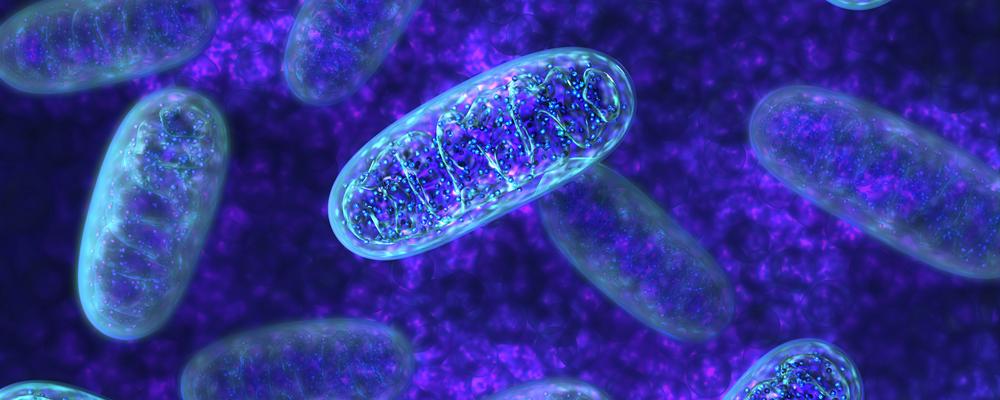Mitochondria are the powerhouse of cells and are crucial for converting energy from our food into the form of energy required for a variety of cell functions. Cancer tumors are characterized by uncontrolled growth, and their cells depend on mitochondria not only to obtain energy but also to produce a variety of necessary building blocks. This constant cell division means that a cancer cell must continually create new mitochondria to grow.
Shows the likely mechanism
Previous attempts to treat cancer by inhibiting the function of mitochondria have often led to serious side effects, as mitochondria also play a crucial role in the body’s healthy cells. As an alternative, Swedish researchers from Karolinska Institutet and the University of Gothenburg, in collaboration with the Max Planck Society and Lead Discovery Center GmbH in Germany, developed a new strategy that does not directly impact the function of existing mitochondria. This involves new drug candidates that are specifically targeted at the mitochondria’s own genetic material, mtDNA, which plays a critical role in the formation of new mitochondria.
“The most exciting thing about the study is that we have actually shown in mice that it is possible to inhibit the function of mitochondria in cancer cells without creating serious side effects. It is also exciting that we have succeeded in producing a cryo-EM structure that shows the probable mechanism for how the substances actually inhibit the use of mitochondrial DNA, which has a critical role in the formation of new mitochondria,” says Bradley Peter, now a researcher at AstraZeneca in Gothenburg, who, together with Nina Bonekamp at Karolinska Institutet (KI), is shared the first author of the article.
Energy deficiency and depletion of nutrients
In Gothenburg, Bradley Peter was responsible for producing recombinant protein to confirm the inhibiting effect of the substances in vitro and to describe the mechanism behind this inhibiting effect. He did this work while a postdoc at the Institute of Biomedicine at the University of Gothenburg. The study shows that the drugs caused a state of severe energy deficiency and depletion of nutrients in the cells, leading to loss of necessary building blocks, reduced tumor cell growth and eventually cell death.
Long way to go
“This is a new principle for cancer treatment that we have been able to show works in animal models. We are now developing the treatment with the goal of achieving clinical applications and are collaborating with researchers at Sahlgrenska University Hospital and others to see if our substances can be used to treat certain types of leukemia,” says Claes Gustafsson, professor at the Institute of Biomedicine, who led the study together with Maria Falkenberg, also at the University of Gothenburg, and Nils-Göran Larsson at KI.
But even if the new inhibitors open up a new treatment principle for cancer, much research remains to be done before it can be used with patients.
“It can take up to twenty years for the pharmaceutical industry to develop a new drug. Before it can be relevant to test this treatment on people, we need to better understand the optimal dosage and if there are possible long-term side effects,” says Bradley Peter.
Nature.com: Small molecule inhibitors of human mitochondrial DNA transcription
Text: Felicia Liedberg, Karolinska Institutet and Elin Lindström, University of Gothenburg
